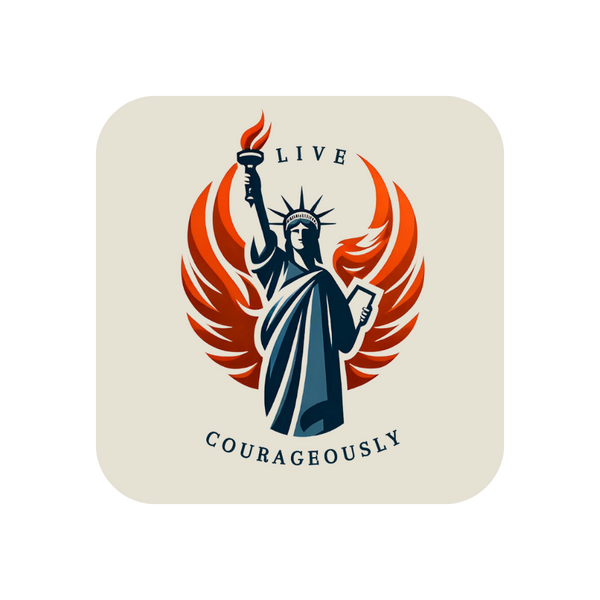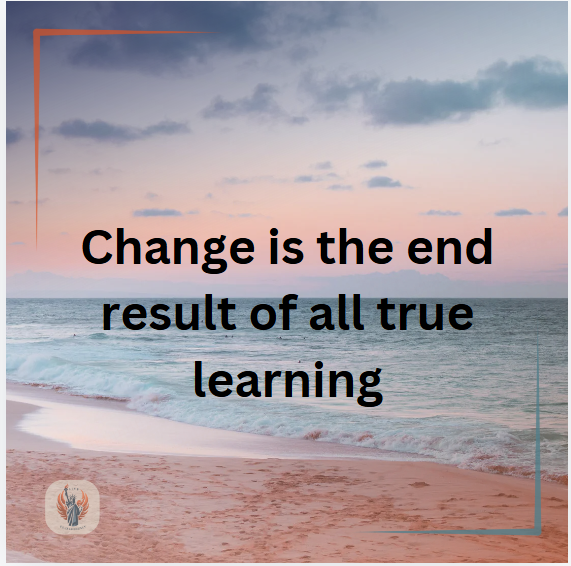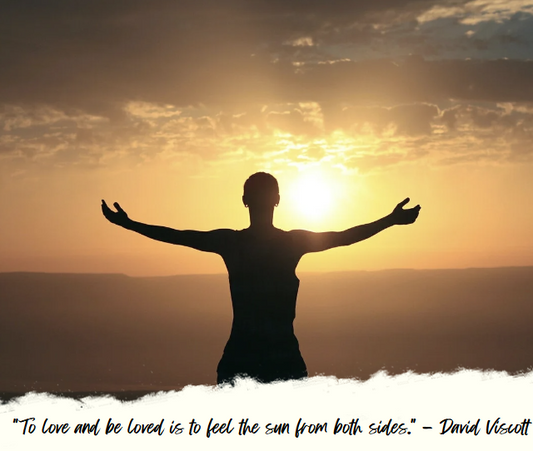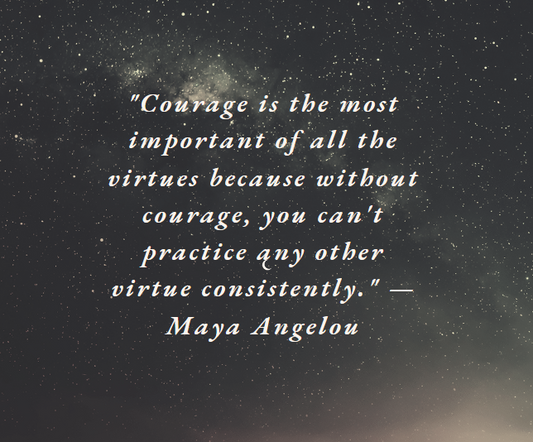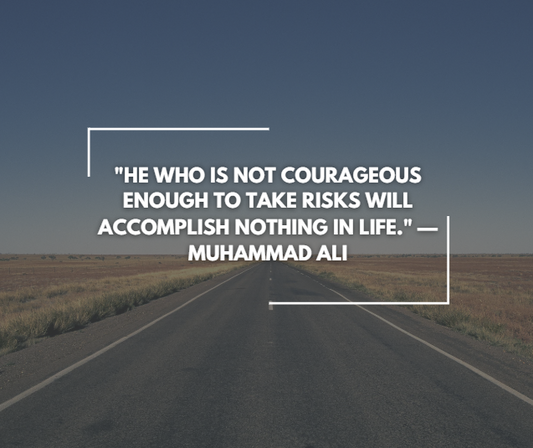"Change is the end result of all true learning." This powerful quote by Leo Buscaglia captures the essence of personal growth and transformation. At its core, learning is not merely the accumulation of knowledge; it is the catalyst for change. True learning goes beyond memorizing facts or mastering skills—it involves a fundamental shift in our understanding, perspective, and behavior.
The Nature of True Learning
True learning is an active, dynamic process that engages both the mind and the heart. It requires curiosity, openness, and a willingness to challenge one’s existing beliefs and assumptions. When we learn something new, it alters our perception of the world and ourselves. This change may be subtle, like a new way of looking at a problem, or profound, leading to a complete transformation of our values and actions.
For instance, consider the process of learning a new language. At first, it might seem like a daunting task—memorizing vocabulary, understanding grammar, and practicing pronunciation. But as we immerse ourselves in the language, we begin to think differently, see cultural nuances, and communicate in ways that were previously inaccessible. The change here is not just in the ability to speak another language but in the broader perspective it brings and the new opportunities it opens up.
The Relationship Between Learning and Change
The relationship between learning and change is reciprocal. On the one hand, learning leads to change by expanding our knowledge and abilities. On the other hand, change often drives the need for further learning. In an ever-evolving world, where new challenges and opportunities constantly arise, the ability to adapt and learn is crucial for personal and professional success.
For example, in the workplace, employees are often required to learn new skills to keep up with technological advancements. This continuous learning process leads to change not only in their job performance but also in their career trajectory. As they acquire new competencies, they become more adaptable and resilient, better equipped to navigate the complexities of the modern workforce.
Embracing Change Through Learning
Embracing change requires a mindset that values learning as a lifelong journey. It means recognizing that learning is not confined to formal education or structured environments but is an integral part of everyday life. Whether through reading, experimentation, reflection, or interaction with others, we are constantly learning, and this learning shapes who we are and how we interact with the world.
Leo Buscaglia’s quote reminds us that true learning is transformative. It challenges us to step out of our comfort zones, to be open to new ideas and experiences, and to allow ourselves to be changed by what we learn. This kind of learning demands courage, as it often involves unlearning old habits and beliefs that no longer serve us and embracing new ways of thinking and being.
The Impact of Learning on Personal Growth
Personal growth is the ultimate outcome of true learning. As we learn and change, we develop greater self-awareness, empathy, and understanding. We become more capable of making informed decisions, building meaningful relationships, and contributing positively to society. The changes that result from learning are not just external—such as a new job or skill—but internal, shaping our character and purpose.
In conclusion, “Change is the end result of all true learning” is a profound reminder of the transformative power of education. It highlights the essential role that learning plays in driving personal and societal progress. By embracing learning as a lifelong endeavor, we open ourselves up to continuous growth and the possibility of meaningful change in our lives.
